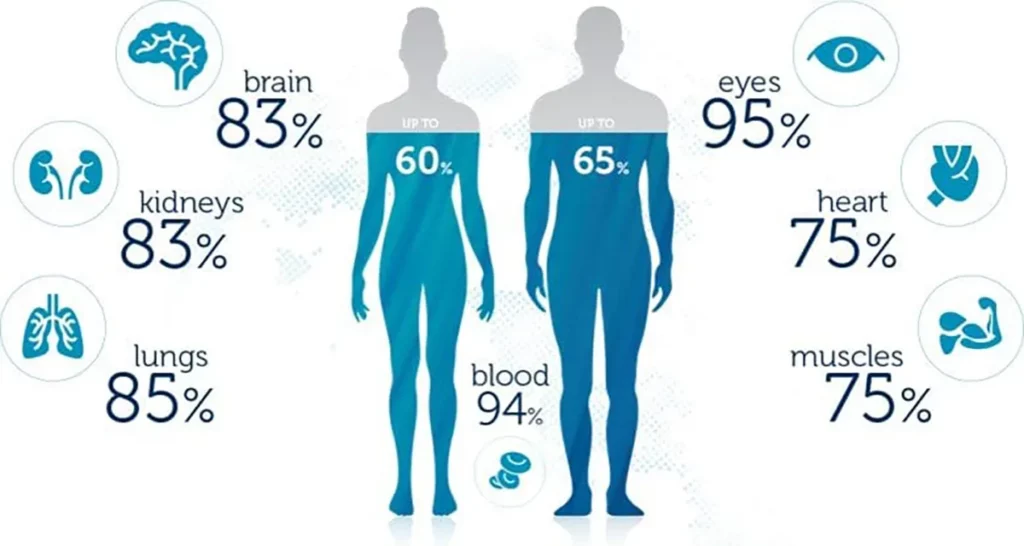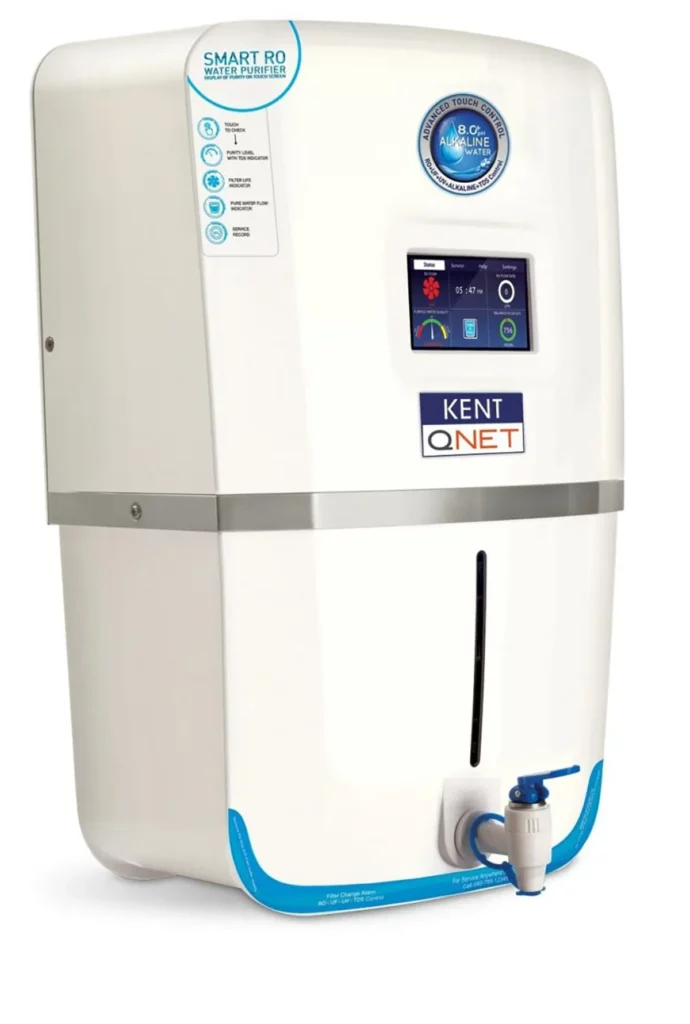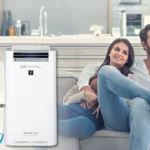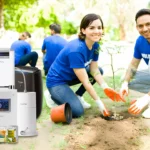When it comes to one’s family, there are no compromises. You always want the best for your loved ones, especially when it involves one of the most basic requirements for sustenance, drinking water.
Water is one of the most vital compounds on the planet. It serves a host of purposes, none more significant than its ability to create and sustain life. With over 60% of the human body made up of water, it plays a crucial role in maintaining our health and wellbeing with functions including temperature regulation, cell support, blood, and fluid circulation, and waste discharge. This is why staying hydrated is considered essential.

But just drinking water is not enough. The quality of water also plays a crucial role in maintaining your health. With pollution increasing at an alarming rate, the chances of water contamination are also growing. Your regular tap water may contain bacteria and viruses that can cause severe infections. Boiling the water is one solution but while it helps kill bacteria and viruses, it cannot remove dissolved impurities and is also time-consuming. Packaged drinking water is another option, but it can be expensive in the long-run. In this scenario, a water purifier is a comparatively inexpensive and sustainable solution that helps provide clean and healthy water.
There are many water purifiers in the market, with different functions and features. How do you decide which water purifier is the right one for you? These factors will guide you through the process of identifying the one that suits your needs the most.
Types of water purifiers
To start with, you need to know the variety of water purifiers available in the market and what each has to offer. Primarily, there are three types: RO, UV, and UF.
Reverse osmosis based water purifiers help remove invisible impurities, harmful chemicals, heavy metals, and lead, arsenic, mercury, and chlorine. RO water purifiers are ideal for water with high TDS (Total Dissolved Salt) level, hardness, and salinity.
UV water purifiers help remove bacteria and microorganisms in the water but are unable to remove solid impurities and dissolved water chemicals. This type of purifier works best for soft water sources like rainwater supplied by municipalities and river water.
UF (Ultra-filtration) water purifiers are best suited for low TDS level water. It is effective in removing solids and impure particles but doesn’t work on dissolved impurities. Then there is another variant which combines all three technologies and gives you the collected benefits of all. If the water at your home is high on contaminants and impurities it is always safe to go for a RO+UV+UF water purifier like the Kent-QNet Smart Alkaline-Mineral RO Water Purifier that has a multi-stage purification system including RO, UV, and UF.
Safe vs safe and healthy
Why settle for just safe and pure water when you can get healthy water too. An important aspect of drinking water is its pH level. A pH level below 7 makes your water acidic and acidic water can cause many health problems including poisoning. You might be surprised to know that most conventional RO filters offer a pH balance under 6.5. While choosing the right water purifier, make sure to know the pH levels. The Kent QNet Smart Alkaline-Mineral RO Water Purifier makes your water alkaline, with a pH balance higher than 8 at the very least.
Storage capacity
A water purifier with good storage capacity will help you in today’s fast-paced life where we are seldom home and also don’t have the patience to fill bottles, one at a time. So while buying a water purifier make sure it has a storage capacity big enough to
Know the technology
Apart from the basic RO, UV, and UF, it is essential to know the kind of technology offered by water purifiers available in the market. Water purifiers should have the technology of mineral retention through a TDS controller to prevent loss of minerals. Effective water recovery is another technology you should look for. Many filters, including conventional ROs, tend to waste a significant amount of water during purification. However, there are few water purifiers that have started integrating water recovery technology. The Kent QNet Smart Alkaline-Mineral RO Water Purifier is one of them. It guarantees over 50% pure water recovery every time. By choosing wisely you will be contributing to a greener and more sustainable tomorrow.
Easy maintenance
Like with any electronic product, maintenance can be a hassle. But with technological advancement, you have the option to sit back, relax and wait for the product itself to inform you when it’s time for maintenance. Choose water purifiers that come with interactive display and sensors that help you track and monitor its performance. Like the intelligent sensors of

Certifications
Double check the certifications of the water purifier before you buy. Certifications mean you can be assured that every glass of water in your home is the best it can be. The Kent QNet Smart Alkaline-Mineral RO Water Purifier is certified by US-based international testing agencies NSF and WQA (Water Quality Association).
Water purifiers are investments towards good health and better living. You should not think twice before adding one to your home, but remember to follow the above points to make a more informed decision for your family.
Also Read
Is Packaged Drinking Water Good for You? | QNet Knowledge Series








